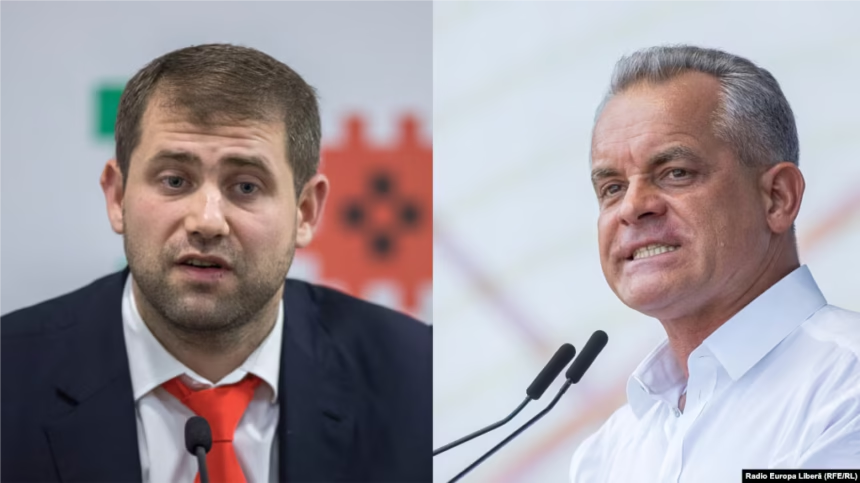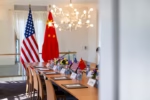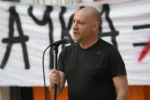European Union foreign ministers are anticipated to formally approve a new round of sanctions on July 15, targeting individuals and entities deemed responsible for “actions destabilizing” Moldova. This move comes as Russia continues to exert significant influence in the country, maintaining over 1,000 troops in the separatist Transnistria region.
The sanctions regime, initially established in 2023, aims to bolster Chisinau against Moscow-backed efforts to undermine political control. To date, 16 individuals and two organizations have been blacklisted, most notably the fugitive oligarchs Vlad Plahotniuc and Ilan Shor, both of whom fled Moldova.
New Listings Linked to Ilan Shor
The proposed new listings, reviewed by RFE/RL, comprise seven individuals and three entities, all with connections to Ilan Shor. Shor, based in Russia, is believed by Moldovan police to have orchestrated a vote-buying scheme last year that nearly swayed a referendum on future EU membership. He was also a key figure in a decade-old bank fraud scandal involving the transfer of nearly $1 billion out of Moldovan banks.
Shor’s political party, SOR, was outlawed in 2023. However, he launched a new political bloc from Moscow a year later, named Victory/Pobeda, which is among the three entities proposed for sanctioning by the EU. The official sanction text asserts that the “Victory/Pobeda Political Bloc is involved in spreading false information and in vote-buying schemes” during both the recent referendum and the presidential election that returned pro-EU President Maia Sandu to office.
Shor’s company, A7, is also listed. Brussels describes A7 as a firm “established by Ilan Shor, together with multiple financial companies in Moscow, partnering with Russian state entities,” accusing it of being a vehicle for vote buying and facilitating cross-border financial transfers for Russian clients despite Western sanctions.
The third entity on the list is the “Cultural Educational Centre of Moldova.” The EU alleges this center distributed free vouchers to voters transported to a Moscow polling station while promoting a “Card of the Citizen of the Republic of Moldova” propaganda program. The bloc states this was another activity orchestrated by Shor and his associates.
Individuals Targeted
The new list of individuals also appears to be linked to Shor’s network. These include:
- Alexandru Beșchieru, leader of the Forța de Alternativă și de Salvare a Moldovei (Alternative and Salvation Force of Moldova) political party, a successor to the outlawed SOR party.
- Victoria Furtuna, leader of the Moldova Mare (Greater Moldova) party, who allegedly benefited from Shor’s patronage.
- Moldovan Members of Parliament Alexandr Nesterovschi and Irina Lozovan, both from the Renastere (Revival) party, another perceived successor of the SOR party. Both were sentenced earlier this year to 12 and six years in prison, respectively, for illegal financing of political parties, and Chisinau authorities believe they are now hiding in Transnistria.
- Natalia Parasca, leader of the Renaissance party and a board member of the already sanctioned entity Evrazia, which the EU claims is “actively involved in the illegal financing schemes” of Shor.
- Vadim Grozavu, leader of the Victory Party.
- Alexei Lungu, who heads the Chance Party.
Chisinau Mayor Not Sanctioned by EU, Faces Romanian Ban
Notably, the EU sanctions do not include Chisinau Mayor Ion Ceban. However, on July 9, the Romanian Foreign Ministry announced it had barred Ceban from entering Romania due to national security considerations, a measure that also includes a ban on access to the EU’s Schengen area. Ceban will be included in the Schengen Information System (SIS), a database for border management and security, unless he appeals. However, individual European capitals retain the discretion to issue a visa or allow entry, potentially circumventing the Romanian ban.







